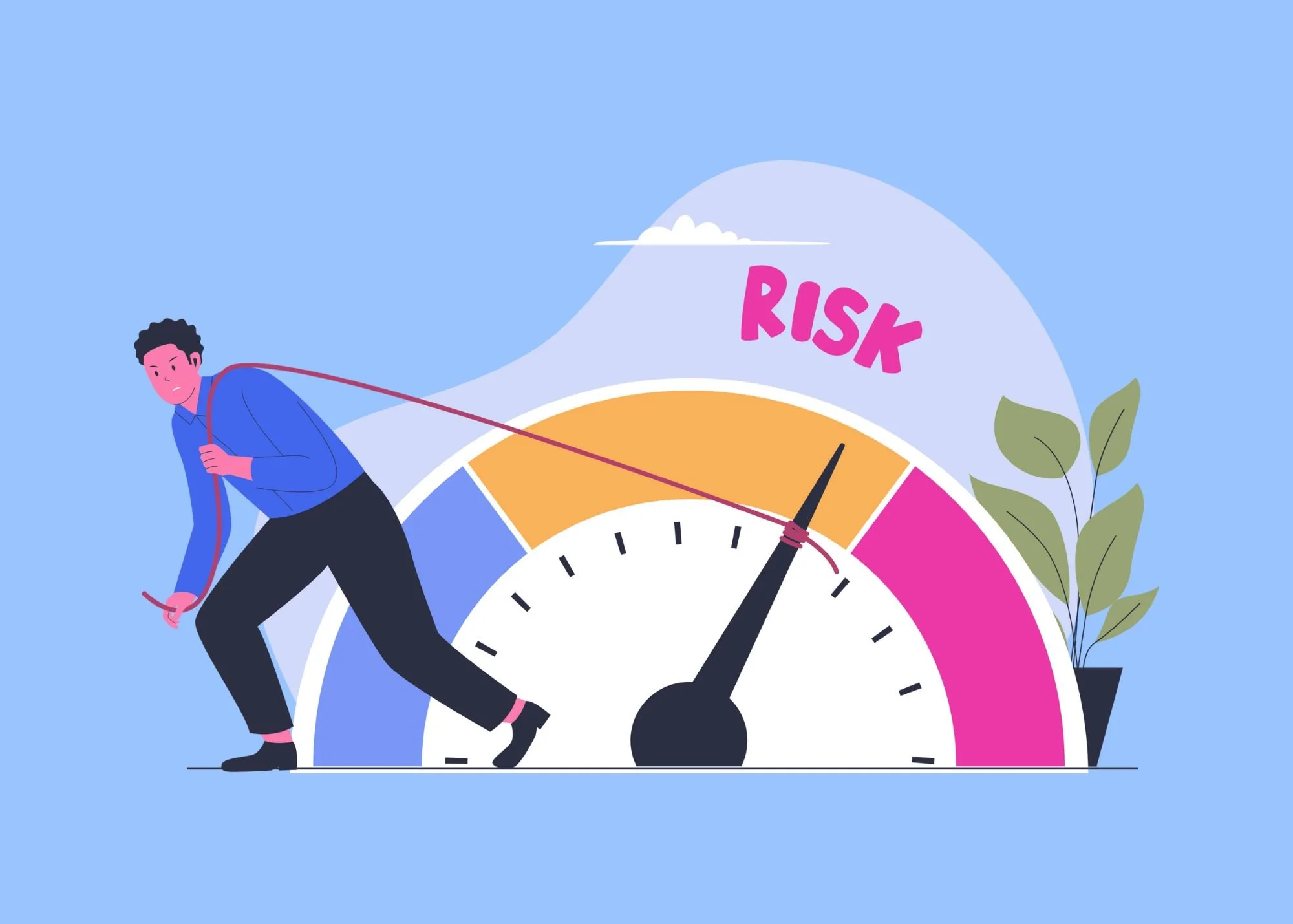12 of the Most Stressful Careers (And What to Do If You’re In One)
If you’re in a high stress career and on the edge of burnout, you have options.
Stress at work isn’t new, but the stakes have never been higher. The last two decades have reshaped industries, amplified workloads, and blurred the lines between work and life. And while some careers have always been high-stakes (think ER doctors), others have seen stress levels skyrocket due to burnout, increased job demands, and economic pressures.
Here are 12 careers that consistently rank at the top for stress levels—plus a reality check on salary, job outlook, and potential exits to a less soul-crushing gig.
1. Physicians
Stress Level: 🔥🔥🔥🔥🔥
Median Salary: $210,000+ (varies by specialty)
Most Stressful Specialties: Emergency Medicine, Surgery, Anesthesiology
Less Stressful Options: Dermatology, Lifestyle Medicine, Telemedicine
Why? The healthcare system is a pressure cooker. Long shifts, life-or-death decisions, administrative overload, and a never-ending stream of patients make this one of the most burnout-prone professions.
Can You Escape? Some physicians transition into concierge medicine, medical consulting, or non-clinical roles like medical writing or healthcare tech.
2. Corporate Executives (C-Suite & Senior Leaders)
Stress Level: 🔥🔥🔥🔥🔥
Median Salary: $250,000+ (but varies wildly)
Most Stressful Industries: Finance, Tech, Healthcare, Startups
Less Stressful Options: Fractional leadership roles, consulting, board positions
Why? The pressure to drive profits, manage teams, and navigate economic uncertainty is relentless. Add in public scrutiny and shareholder expectations, and it’s no wonder executives burn out.
Can You Escape? Many execs transition into advisory roles, business coaching, or start their own lower-stress ventures.
3. Air Traffic Controllers
Stress Level: 🔥🔥🔥🔥🔥
Median Salary: $130,000
Why? Every decision is high-stakes. The margin for error is nonexistent, and the cognitive load is off the charts.
Can You Escape? Some transition into aviation safety roles, training, or regulatory positions.
4. Lawyers
Stress Level: 🔥🔥🔥🔥
Median Salary: $135,000+ (but varies wildly)
Most Stressful Specialties: Corporate Law, Criminal Defense, Big Law
Less Stressful Options: In-house counsel, legal consulting, mediation
Why? Billable hours, impossible workloads, and an adversarial work environment make law one of the highest burnout professions.
Can You Escape? Some lawyers pivot into compliance, policy work, or alternative dispute resolution.
5. Nurses
Stress Level: 🔥🔥🔥🔥🔥
Median Salary: $80,000
Most Stressful Specialties: ICU, ER, Oncology
Less Stressful Options: Nurse Educator, Telehealth, Research
Why? Chronic understaffing, high patient loads, and emotional exhaustion.
Can You Escape? Many shift into advanced practice nursing (like NP roles) or non-clinical healthcare positions.
6. Police Officers & First Responders
Stress Level: 🔥🔥🔥🔥🔥
Median Salary: $65,000
Why? High-risk situations, trauma exposure, and long hours take a serious toll.
Can You Escape? Some transition into security consulting, forensic investigation, or community outreach roles.
7. Teachers
Stress Level: 🔥🔥🔥🔥
Median Salary: $55,000
Why? Underfunded schools, overcrowded classrooms, and the pressure to meet standardized test scores.
Can You Escape? Many shift into instructional design, corporate training, or online education roles.
8. Social Workers
Stress Level: 🔥🔥🔥🔥🔥
Median Salary: $50,000
Why? Heavy caseloads, systemic issues, and emotional strain.
Can You Escape? Some move into private practice, policy work, or advocacy roles.
9. Journalists & Media Professionals
Stress Level: 🔥🔥🔥🔥
Median Salary: $50,000
Why? 24/7 news cycles, job instability, and public scrutiny.
Can You Escape? Many pivot into content strategy, corporate communications, or PR.
10. Military Personnel
Stress Level: 🔥🔥🔥🔥🔥
Median Salary: Varies
Why? Deployment risks, physical demands, and transition stress post-service.
Can You Escape? Many transition into federal jobs, security consulting, or logistics roles.
11. Customer Service Representatives
Stress Level: 🔥🔥🔥🔥
Median Salary: $40,000
Why? Verbal abuse, high call volumes, and little autonomy.
Can You Escape? Many move into customer success, operations, or HR roles.
12. Retail & Hospitality Managers
Stress Level: 🔥🔥🔥🔥
Median Salary: $50,000
Why? Long hours, staffing shortages, and customer conflicts.
Can You Escape? Many shift into corporate roles, supply chain management, or event planning.
Final Thoughts
Will These Jobs Stay Stressful? Short answer: yes.
Unless significant industry changes happen, stress in these roles isn’t going anywhere. Automation, AI, and workplace restructuring may shift how work is done, but high-stakes professions will always have high-pressure demands.
Your Next Move
If you’re in one of these careers and on the edge of burnout, your next step isn’t just “powering through.” You have options:
Optimize your role – Can you negotiate better hours, switch to a less intense specialty, or set firmer boundaries?
Pivot within your industry – Can you transition into consulting, education, or leadership?
Make a strategic exit – If the industry itself is the problem, what transferable skills do you have for a new field?
The takeaway? Stress is inevitable, but burnout isn’t. You have more control than you think—so use it wisely.
Article References
The sources cited in the article:
American Psychological Association (APA). “Work and Well-being Report.” APA - Work and Wellbeing Report
U.S. Bureau of Labor Statistics (BLS). “Occupational Outlook Handbook.” BLS - Occupational Outlook Handbook
Gallup. “State of the Global Workplace Report.” Gallup - State of the Global Workplace Report
World Economic Forum. “Future of Jobs Report.” World Economic Forum- Future of Jobs Report
James Clear. “10,000 Hours: How Experts Practice Better Than the Rest.” James Clear - How Experts Practice Better Than the Rest
American Psychological Association (APA). “Practice for Knowledge Acquisition.” APA - Practice for Knowledge Acquisition






